Cough
How to submit an article:
- Registered users can submit any published journal article that has a unique DOI (Digital Object Identifier) name or link to Research Hub.
- For example, you can paste the full DOI link:
https://doi.org/10.1109/5.771073or just the DOI name:10.1109/5.771073into the field above and click submit. - The person who is first to submit a valid article to Research Hub will forever be credited for it, and every article submission earns you +6 Research Points.
Related Topics
Published research studies are articles that present the findings of original research that has undergone a peer-review process and has been made publicly available in scholarly journals, books or other media.

A Comprehensive Review of the Effect of Honey on Human Health
2023 Jul 06 Nutrients Palma-Morales M, Huertas JR, Rodríguez-Pérez C
Review Article Cardiovascular Disease Metabolic Syndrome Wound Healing HoneyHoney intake has observed beneficial effects on various health aspects like cardiovascular, metabolic risk factors, and wound healing, primarily replacing other sweeteners.
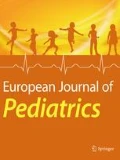
Honey for acute cough in children — a systematic review
2023 Jun 25 European Journal of Pediatrics Kuitunen I, Renko M
Systematic Review Honey Children's Health CoughHoney potentially has superior results than cough medication or placebo in curtailing symptoms and enhancing sleep in children with acute cough.
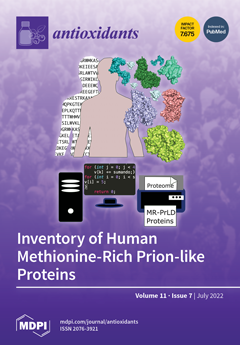
Adenophora Stricta Root Extract Alleviates Airway Inflammation in Mice with Ovalbumin-Induced Allergic Asthma
2023 Apr 13 Antioxidants Jung CJ, Park SM, Lee DG, Yu YE, Ku TH, La IJ, et al.
The present results clearly showed that Adenophora stricta root extract (AsE) can protect the lung from allergic asthma by reducing the infiltration of inflammatory cells, as well as the production of T helper 2 lymphocyte-dependent cytokines. If several remaining issues are appropriately addressed in the future, AsE will be a promising nutraceutical for protecting the lungs by managing airway inflammation.
Network Pharmacology Animal Study Anti-Inflammatory Sha Shen Asthma
Effectiveness and safety of Qingfei Dayuan granules for treating influenza and upper respiratory tract infections manifested by the pulmonary heat-toxin syndrome: A multicenter, randomized, double-blind, placebo-controlled trial
2023 Mar 15 Frontiers in Pharmacology Li W, Xie L, Zhu X, Yang Y, Wang L, Yang M, et al.
The trial showed that QFDY was an effective and safe treatment modality for influenza and URTIs manifested by PHTS because it shortened the complete fever relief time, accelerated clinical recovery, and alleviated symptoms such as cough, a stuffy and running nose, and sneezing during the course of treatment.
Randomised Controlled Trial Qingfei Dayuan Granules Influenza
The Effectiveness and Safety of Huangqi Xixin Decoction for Cough Variant Asthma: A Systematic Review and Meta-Analysis
2022 Sep 20 Evidence-Based Complementary and Alternative Medicine Wang C, Xia Q, Hu B, Jiang W, Zhang H
Systematic Review Meta-Analysis Cough Asthma Huangqi Xixin decoction Huang Qi Xi XinHuoXiang ZhengQi (HQXXD) may be a safe and effective treatment for Chronic Cough Variant Asthma (CVA), improving clinical efficacy and airway responsiveness while reducing recurrence rates.
Research insights are moderated by the Research Hub team and offer an at-a-glance overview of interesting research findings.

2023 Nutrients
Honey intake has observed beneficial effects on various health aspects like cardiovascular, metabolic risk factors, and wound healing, primarily replacing other sweeteners.
Review Article Cardiovascular Disease Honey Metabolic Syndrome Wound Healing
A Comprehensive Review of the Effect of Honey on Human Health
Palma-Morales M, Huertas JR, Rodríguez-Pérez C

2023 European Journal of Pediatrics
Honey potentially has superior results than cough medication or placebo in curtailing symptoms and enhancing sleep in children with acute cough.
Systematic Review Children's Health Honey
Honey for acute cough in children — a systematic review
Kuitunen I, Renko M

2022 Evidence-Based Complementary and Alternative Medicine
HuoXiang ZhengQi (HQXXD) may be a safe and effective treatment for Chronic Cough Variant Asthma (CVA), improving clinical efficacy and airway responsiveness while reducing recurrence rates.
Systematic Review Asthma Huang Qi Huangqi Xixin decoction Xi Xin
The Effectiveness and Safety of Huangqi Xixin Decoction for Cough Variant Asthma: A Systematic Review and Meta-Analysis
Wang C, Xia Q, Hu B, Jiang W, Zhang H
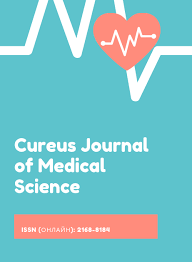
2022 Cureus Journal of Medical Science
Honey is effective in treating coughs in children above 12 months.
Systematic Review Children's Health Honey
Comparing the Effectiveness of Honey Consumption With Anti-Cough Medication in Pediatric Patients: A Systematic Review
Mashat GD, Hazique M, Khan KI, Ramesh P, Kanagalingam S, Ul Haq Z, et al.

2021 Evidence-Based Complementary and Alternative Medicine
The evidence supports that acupuncture can be considered in the treatment of cough-variant asthma as an adjuvant therapy.
Meta-Analysis
Acupuncture Treatment for Cough-Variant Asthma: A Meta-Analysis
Xiong J, Qi WC, Yang H, Zou ST, Kong J, Wang CL, et al.
Review Articles
Review articles summarise and critically evaluate the current state of research on a specific topic or field by synthesising multiple primary research studies.

A Comprehensive Review of the Effect of Honey on Human Health
2023 Jul 06 Nutrients Palma-Morales M, Huertas JR, Rodríguez-Pérez C
Review Article Cardiovascular Disease Metabolic Syndrome Wound Healing HoneyHoney intake has observed beneficial effects on various health aspects like cardiovascular, metabolic risk factors, and wound healing, primarily replacing other sweeteners.

Honey for acute cough in children — a systematic review
2023 Jun 25 European Journal of Pediatrics Kuitunen I, Renko M
Systematic Review Honey Children's Health CoughHoney potentially has superior results than cough medication or placebo in curtailing symptoms and enhancing sleep in children with acute cough.

The Effectiveness and Safety of Huangqi Xixin Decoction for Cough Variant Asthma: A Systematic Review and Meta-Analysis
2022 Sep 20 Evidence-Based Complementary and Alternative Medicine Wang C, Xia Q, Hu B, Jiang W, Zhang H
Systematic Review Meta-Analysis Cough Asthma Huangqi Xixin decoction Huang Qi Xi XinHuoXiang ZhengQi (HQXXD) may be a safe and effective treatment for Chronic Cough Variant Asthma (CVA), improving clinical efficacy and airway responsiveness while reducing recurrence rates.

Comparing the Effectiveness of Honey Consumption With Anti-Cough Medication in Pediatric Patients: A Systematic Review
2022 Sep 20 Cureus Journal of Medical Science Mashat GD, Hazique M, Khan KI, Ramesh P, Kanagalingam S, Ul Haq Z, et al.
Systematic Review Meta-Analysis Honey Children's Health CoughHoney is effective in treating coughs in children above 12 months.
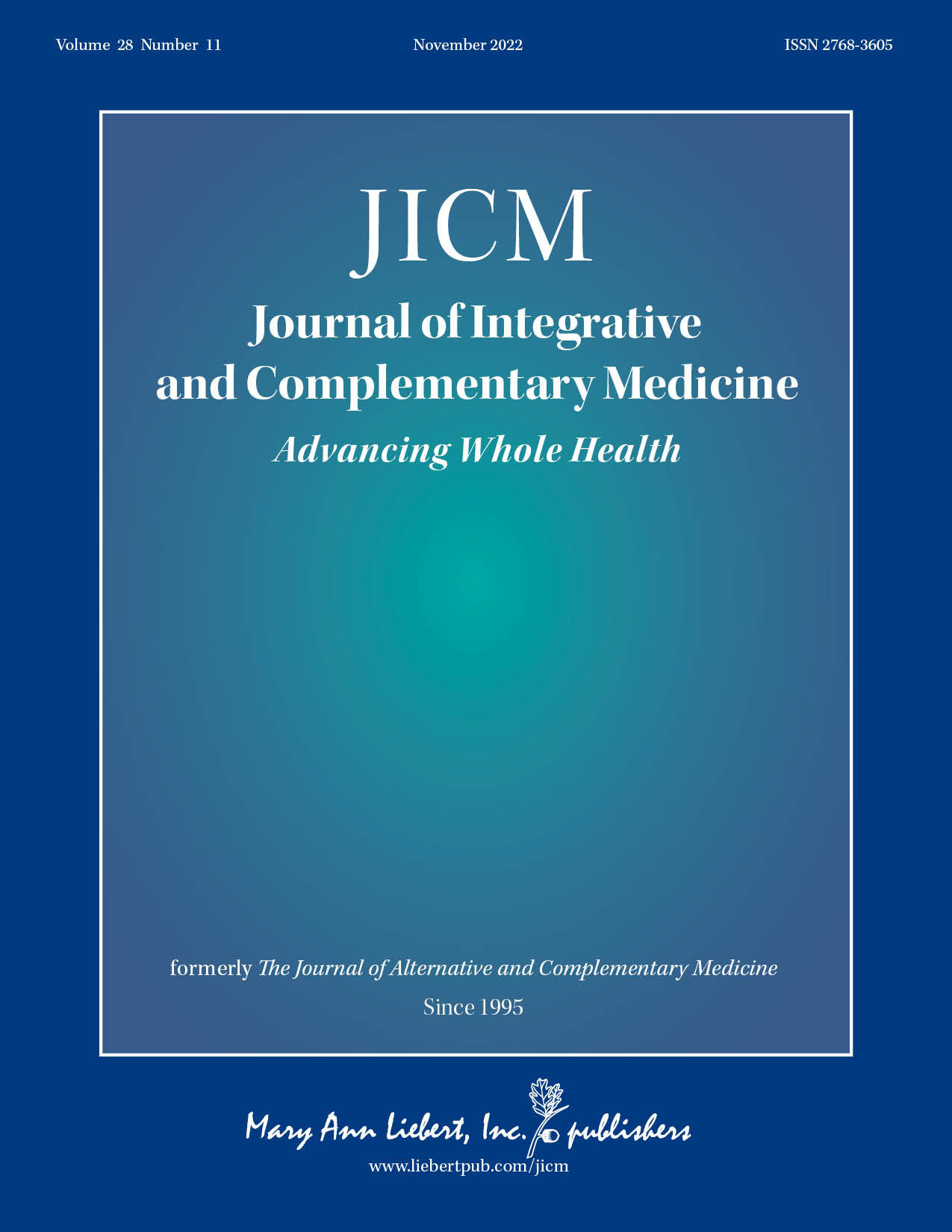
Efficacy and Safety of Eucalyptus for Relieving Cough: A Systematic Review and Meta-Analysis of Randomized Controlled Trials
2022 Mar 01 Journal of Integrative and Complementary Medicine Her L, Kanjanasilp J, Chaiyakunapruk N, Sawangjit R
The study, based on six randomized controlled trials (RCTs) with 1,857 participants, concludes that Eucalyptus products are more effective than placebo in improving or resolving overall cough symptoms and reducing cough frequency. The safety profile is deemed acceptable, with no serious adverse events associated with Eucalyptus during treatment periods. However, the efficacy of Eucalyptus is considered minimal and of uncertain clinical importance, warranting further high-quality studies to confirm these findings.
Systematic Review Meta-Analysis Cough EucalyptusClinical Trials
Clinical trials are research studies that involve people and are conducted to evaluate the safety and efficacy of new treatments or interventions, such as drugs, medical devices, or behavioural therapies.

Effectiveness and safety of Qingfei Dayuan granules for treating influenza and upper respiratory tract infections manifested by the pulmonary heat-toxin syndrome: A multicenter, randomized, double-blind, placebo-controlled trial
2023 Mar 15 Frontiers in Pharmacology Li W, Xie L, Zhu X, Yang Y, Wang L, Yang M, et al.
The trial showed that QFDY was an effective and safe treatment modality for influenza and URTIs manifested by PHTS because it shortened the complete fever relief time, accelerated clinical recovery, and alleviated symptoms such as cough, a stuffy and running nose, and sneezing during the course of treatment.
Randomised Controlled Trial Qingfei Dayuan Granules Influenza
Efficacy and Safety of Lianhua Qingke Tablets in the Treatment of Mild and Common-Type COVID-19: A Randomized, Controlled, Multicenter Clinical Study
2022 Feb 10 Evidence-Based Complementary and Alternative Medicine Zhang L, Wu L, Xu X, Yuan Y, Jiang R, Yan X, et al.
These preliminary findings indicate Lianhua Qingke (LH) tablets may be effective in symptomatic COVID-19, especially in relieving coughing.
Randomised Controlled Trial Lian Hua Qing Ke Li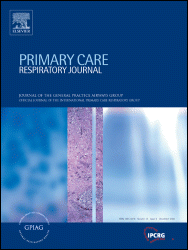
Honey plus coffee versus systemic steroid in the treatment of persistent post-infectious cough: a randomised controlled trial
2013 Aug 21 Primary Care Respiratory Journal Raeessi MA, Aslani J, Raeessi N, Gharaie H, Zarchi AAK, Raeessi F
Randomised Controlled Trial Coffee HoneyHoney plus coffee, presented as a jamlike paste, emerges as a more effective alternative medicine for persistent post-infectious cough (PPC) compared to systemic steroids, demonstrating significant reduction in cough frequency in a randomized controlled trial.
Study Protocols
Published study protocols are detailed plans that outline the objectives, methodology, statistical analyses, and organisation of a research study that have been made publicly available for others to review and use as a reference.
Presentation Slides

Review Article
Honey intake has observed beneficial effects on various health aspects like cardiovascular, metabolic risk factors, and wound healing, primarily replacing other sweeteners.
Palma-Morales M, Huertas JR, Rodríguez-Pérez C

Systematic Review
Honey potentially has superior results than cough medication or placebo in curtailing symptoms and enhancing sleep in children with acute cough.
Kuitunen I, Renko M

Systematic Review
HuoXiang ZhengQi (HQXXD) may be a safe and effective treatment for Chronic Cough Variant Asthma (CVA), improving clinical efficacy and airway responsiveness while reducing recurrence rates.
Wang C, Xia Q, Hu B, Jiang W, Zhang H

Systematic Review
Honey is effective in treating coughs in children above 12 months.
Mashat GD, Hazique M, Khan KI, Ramesh P, Kanagalingam S, Ul Haq Z, Victory Srinivasan N, Khan AI, Khan S

Meta-Analysis
The evidence supports that acupuncture can be considered in the treatment of cough-variant asthma as an adjuvant therapy.
Xiong J, Qi WC, Yang H, Zou ST, Kong J, Wang CL, Zhou YF, Liang FR
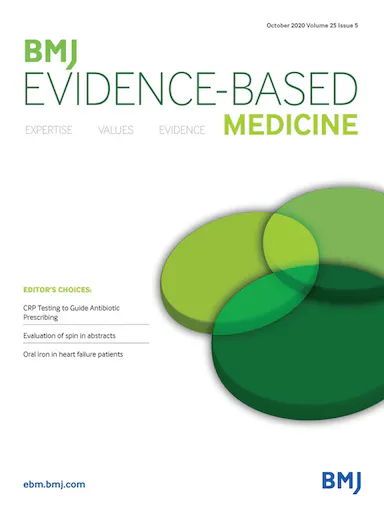
Systematic Review
Honey can be used as an alternative to antibiotics by clinicians who wish to offer treatment for upper respiratory tract infections, which may help to combat antimicrobial resistance.
Abuelgasim H, Albury C, Lee J

Systematic Review
Honey is more effective than usual care alternatives for improving upper respiratory tract infection symptoms, particularly cough frequency and cough severity.
Abuelgasim H, Albury C, Lee J
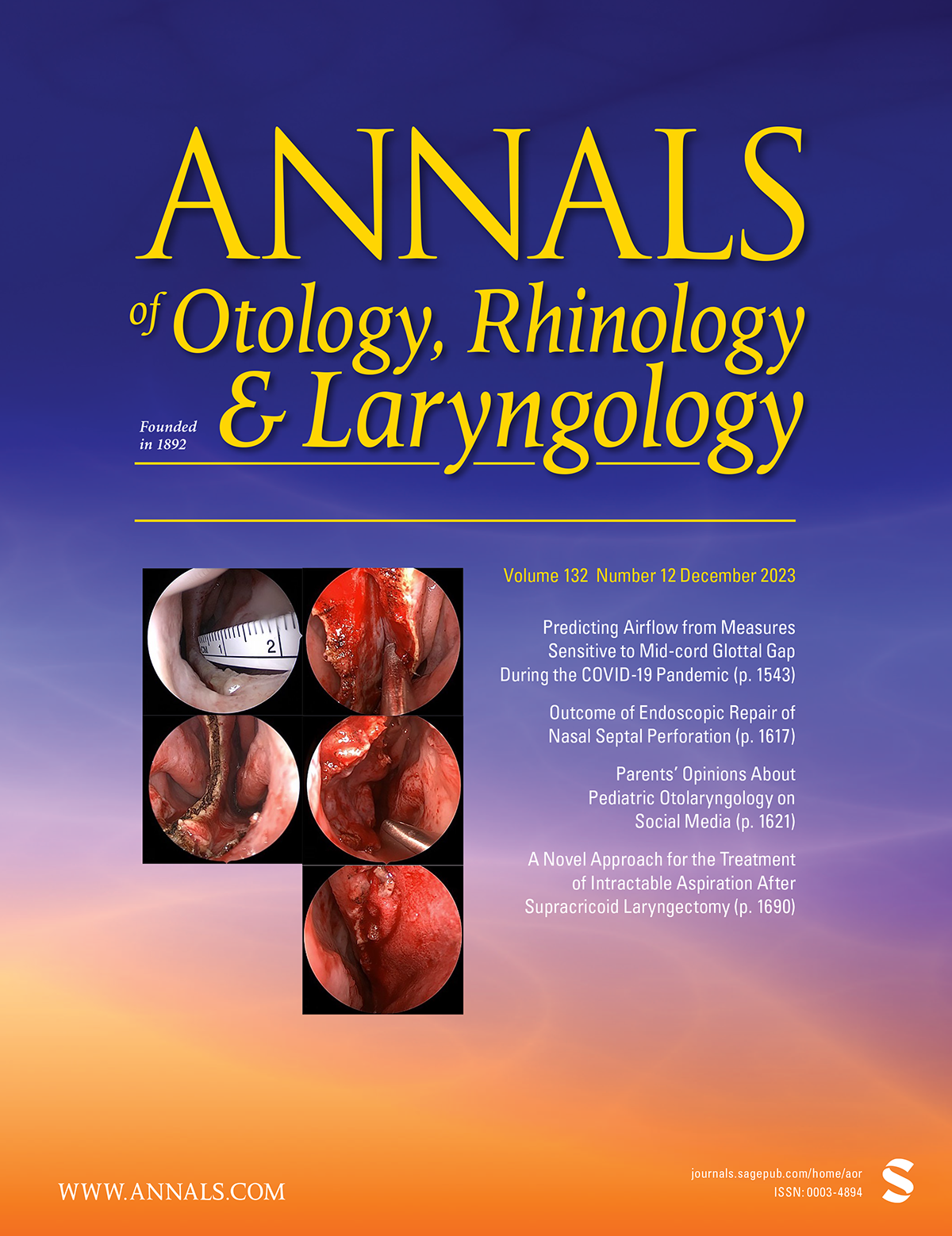
Review Article
Honey exhibits efficacy in otolaryngology, supported by high-quality evidence, particularly in preventing oral mucositis in cancer patients, alleviating pediatric cough, and managing post-tonsillectomy pain.
Tharakan T, Bent J, Tavaluc R
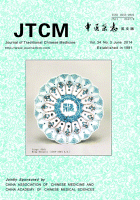
Systematic Review
Stimulating acupoints had positive effects on childhood cough variant asthma and was a relatively safe treatment.
Jin Yutong, Chen Shan, Xuan Lihua
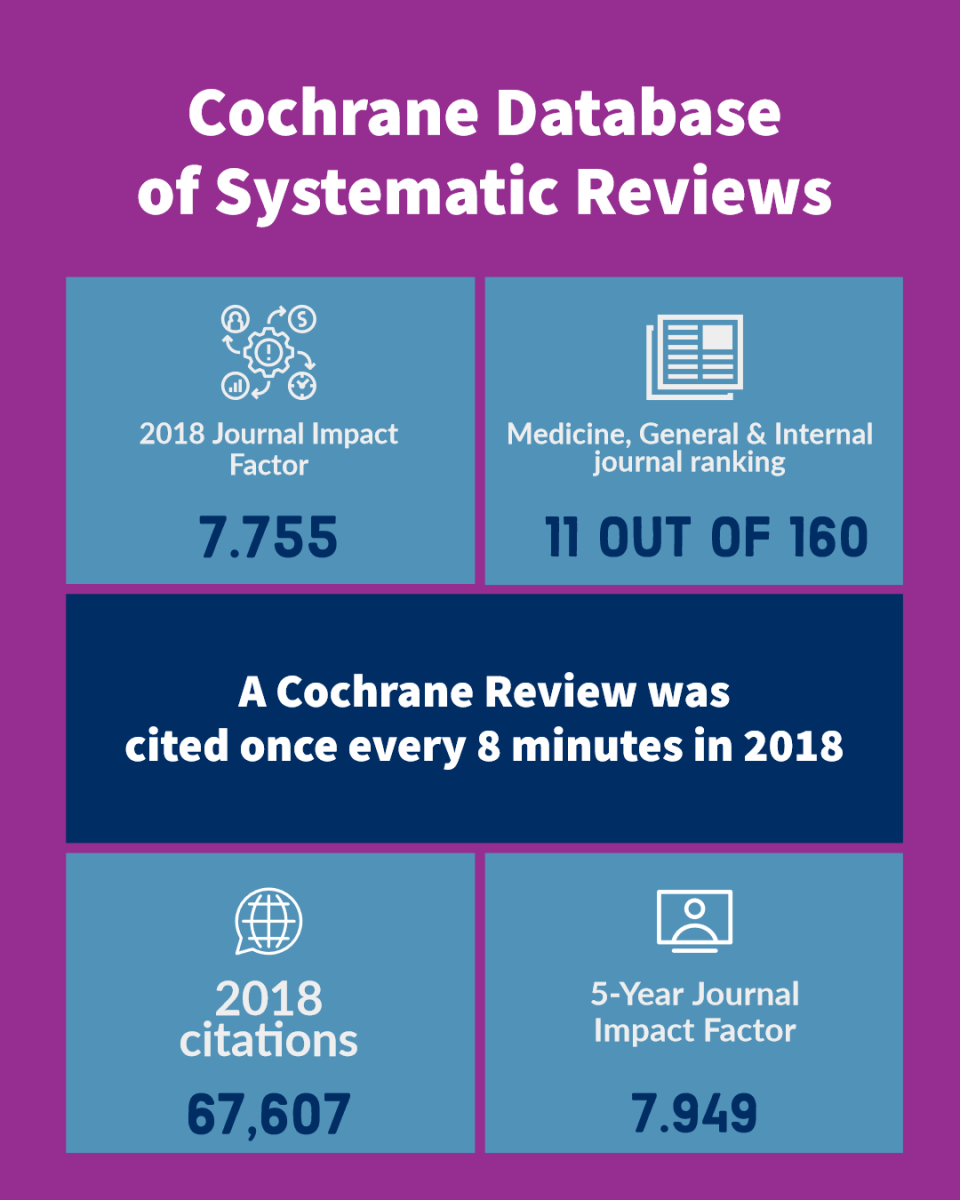
Review Article
Moderate‐certainty evidence showed that honey probably reduces cough duration to a greater extent than salbutamol or placebo. Honey group participants were first to get total relief of cough compared to salbutamol or placebo.
Oduwole O, Udoh EE, Oyo-Ita A, Meremikwu MM
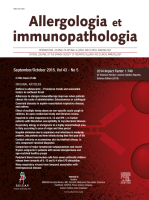
Review Article
Milk and honey mixture seems to be at least as effective as dextromethorphan and levodropropizine, the most prescribed over-the-counter antitussives in Italy, in non-specific acute cough in children.
Miceli Sopo S, Greco M, Monaco S, Varrasi G, Di Lorenzo G, Simeone G
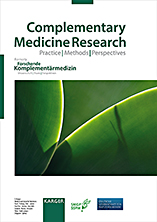
Systematic Review
There is strong evidence for Andrographis paniculata (Chuan Xin Lian) being significantly superior to placebo in alleviating the frequency and severity of cough symptoms.
Wagner L., Cramer H., Klose P., Lauche R., Gass F., Dobos G, Langhorst J.

Randomised Controlled Trial
Honey plus coffee, presented as a jamlike paste, emerges as a more effective alternative medicine for persistent post-infectious cough (PPC) compared to systemic steroids, demonstrating significant reduction in cough frequency in a randomized controlled trial.
Raeessi MA, Aslani J, Raeessi N, Gharaie H, Zarchi AAK, Raeessi F
Executive Summary
Write an executive summary in the form of a blog article on the topic of "Research into Chinese medicine treatment for Cough" summarising the research below and using language that can be easily understood by patients and avoiding medical jargon using a professional and caring tone of voice.
Write an executive summary in the form of a blog article on the topic of "Researched Chinese medicine treatments for Cough" summarising the research below in an objective and easy to understand way, and using language that can be easily understood by patients. Group the article into Chinese medicine treatments first, followed by nutrition and other treatments. Avoid using medical jargon and use a professional and caring tone of voice.
Write me a concise but easy to understand executive summary on the topic of "Chinese medicine treatments for Cough" based on the following research that I will give you. Your summary should be 2 paragraphs long in Australian English spelling and include references to the studies.
A Review Article published in 2023 in the journal Nutrients found that Honey intake has observed beneficial effects on various health aspects like cardiovascular, metabolic risk factors, and wound healing, primarily replacing other sweeteners. In this comprehensive review study, the researchers went beyond just looking at one or two aspects of health; instead, they embarked on an ambitious task of reviewing forty-eight clinical trials that were published between 1985 and 2022, involving a total of 3655 subjects. The researchers aimed to critically analyze the effect of honey on multiple health indices, including, but not limited to, cardiovascular and metabolic risk factors, glucose tolerance, mucositis inflicted by chemo-radiotherapy, cough in children, and wound healing. The evaluation and analysis of the data involved a thorough examination of the results of each of the clinical trials, consideration of several potential variables, and detailed cross-study comparisons. This broad and deep investigation allowed the researchers to draw correlations and pinpoint the beneficial influences of honey, considered a nutritious and natural food. The results from these clinical trials saw more beneficial effects on health from honey intake when compared to neutral or negative outcomes. It was most notably effective, particularly when used as a substitute for other sweeteners. The review also pointed out the potential use of honey as a safe adjuvant to be used in combination with drugs for specific illnesses. Confidently stating that honey has clear benefits in the clinical trials analyzed, the researchers fostered a promising narrative for the further exploration and acceptance of honey as a health booster.
A Systematic Review published in 2023 in the journal European Journal of Pediatrics found that Honey potentially has superior results than cough medication or placebo in curtailing symptoms and enhancing sleep in children with acute cough. Methodology: This targeted review leveraged multiple databases, such as PubMed, Scopus, CENTRAL, CINAHL, and Web of Science, to extract relevant trials relating to honey's usage in treating acute child cough. By applying a systematic approach, the emphasis was on randomized controlled trials featuring children. To ensure the results' credibility, payment was done for risk-of-bias as well as the quality of the evidence. The studies were not combined owing to the absence of essential information; instead, conclusions provided a range of noticed effects for principal results. Discussion of results: Following rigorous screening of almost four hundred papers, a select ten were incorporated. Significant variability in biases was noticed, with two studies possessing a high risk-of-bias and six inviting some concerns. The evidence, though of low to very low quality, indicated honey's potential superiority over placebo/no treatment and cough medication, both in reducing cough frequency and improving sleep quality.
A Systematic Review published in 2022 in the journal Evidence-Based Complementary and Alternative Medicine found that HuoXiang ZhengQi (HQXXD) may be a safe and effective treatment for Chronic Cough Variant Asthma (CVA), improving clinical efficacy and airway responsiveness while reducing recurrence rates. HuoXiang ZhengQi (HQXXD) for Chronic Cough Variant Asthma (CVA) was systematically evaluated. The HQXXD group showed significantly higher total effective rates of clinical efficacy and airway responsiveness compared to the control group, while the recurrence rate was lower. Adverse reactions were not reported in HQXXD treatment, indicating its safety for CVA patients.
A Systematic Review published in 2022 in the journal Cureus Journal of Medical Science found that Honey is effective in treating coughs in children above 12 months. The researchers undertook a systematic review of literature across five databases, using a Medical Subject Heading strategy, keywords, and defined inclusion and exclusion criteria to identify relevant studies. This review incorporated a range of study types, including systematic reviews, meta-analyses, randomized controlled trials, observational studies and cross-sectional studies. Those articles without a clear methodology section were excluded. The quality of the remaining literature was appraised using a specific checklist. Following the review, it was found that honey is effective in treating coughs in children older than 12 months. Cold and cough medications were also found to be safe, if given at therapeutic doses. However, a note of caution was highlighted for the use of these medications in children under two years, as fatalities have been recorded in some cases; although further studies are recommended to establish a clear safety profile.
A Meta-Analysis published in 2021 in the journal Evidence-Based Complementary and Alternative Medicine found that The evidence supports that acupuncture can be considered in the treatment of cough-variant asthma as an adjuvant therapy. In this study, a total of 929 patients (464 cases in the treatment group and 465 cases in the control group) were included in 11 RCT studies of acupuncture treatment for cough-variant asthma (CVA). Meta-analysis results based on published evidence showed that total effective rate, recurrence rate, and symptom integral (cough, sputum, XiongGe full tightness), pulmonary function (FVC, FEV1, and PEF), and biochemical indicators (CRP, TNF alpha, and IgE) were superior with acupuncture treatment of CVA compared to control groups. The results showed that giving priority to simple acupuncture or auxiliary treatment of CVA clinical curative effect is better. Advantages include reducing the recurrence rate, improving symptoms, and regulating immune inflammation index. The quality of the studies was low, but there was research into the negative reports and risk of bias. Safety analysis: 3 of the 11 studies mentioned adverse reactions of acupuncture, mainly manifesting as minor reactions such as gastrointestinal reactions and local skin redness. Compared with the control group, there were fewer adverse reactions, and the safety was higher.
A Systematic Review published in 2020 in the journal BMJ Evidence-Based Medicine found that Honey can be used as an alternative to antibiotics by clinicians who wish to offer treatment for upper respiratory tract infections, which may help to combat antimicrobial resistance. Upper respiratory tract infections (URTIs) are the most frequent reason for antibiotic prescription. Since the majority of URTIs are viral, antibiotic prescription is both ineffective and inappropriate. However, a lack of effective alternatives, as well as a desire to preserve the patient–doctor relationship, both contribute to antibiotic over prescription. Antibiotic overuse is a key driver of antimicrobial resistance, rated by the UK government as one of the top 10 risks facing Britain. Furthermore, drug resistant infections are associated with worse patient outcomes than antibiotic susceptible infections, underlining the impact of antimicrobial resistance on individual patients.
A Systematic Review published in 2020 in the journal BMJ Evidence-Based Medicine found that Honey is more effective than usual care alternatives for improving upper respiratory tract infection symptoms, particularly cough frequency and cough severity. We identified 1345 unique records, and 14 studies were included. Overall risk of bias was moderate. Compared with usual care, honey improved combined symptom score, cough frequency. We combined two studies comparing honey with placebo for relieving combined symptoms. Honey was superior to usual care for the improvement of symptoms of upper respiratory tract infections. It provides a widely available and cheap alternative to antibiotics. Honey could help efforts to slow the spread of antimicrobial resistance, but further high quality, placebo controlled trials are needed.
A Review Article published in 2018 in the journal Annals of Otology, Rhinology & Laryngology found that Honey exhibits efficacy in otolaryngology, supported by high-quality evidence, particularly in preventing oral mucositis in cancer patients, alleviating pediatric cough, and managing post-tonsillectomy pain. The research involved a comprehensive review of 63 studies across diverse otolaryngology subspecialties. A literature search encompassed PubMed, EMBASE, and Cochrane databases. The studies comprised meta-analyses, randomized control trials, case reports, and animal/in vitro models. Notably, Level 1 evidence predominated, affirming honey's effectiveness in areas such as head and neck surgery, pediatrics, and rhinology. Specific applications include oral mucositis prevention, pediatric cough relief, and post-tonsillectomy pain control, supported by robust meta-analyses. The potential scope for honey in otolaryngology extends beyond current validated uses, suggesting avenues for future exploration.
A Systematic Review published in 2018 in the journal Journal of Traditional Chinese Medicine found that Stimulating acupoints had positive effects on childhood cough variant asthma and was a relatively safe treatment. In the study, we found out that the therapeutic effect of stimulating-acupoint group was much better than that of control group in the treatment of childhood cough variant asthma, and the difference was statistically significant. A major strength of our review was that our meta-analysis of 13 studies involving 1,112 participants, the enlarged sample size and accumulating evidence provided more reliable estimates. Furthermore, the original trails included in our study were all prospective, which reduced the selection bias and likelihood of recall bias. The results indicate that stimulating acupoints has a positive effect on cough variant asthma in children, leading to the decreased recurrence rate and cough duration as well as the reducing of eosinophils and IgE. However, the poor methodological quality of the trials lack of persuasiveness, so high quality RCTs with more useful indicators are needed in the future studies.
A Review Article published in 2018 in the journal Cochrane Database of Systematic Reviews found that Moderate‐certainty evidence showed that honey probably reduces cough duration to a greater extent than salbutamol or placebo. Honey group participants were first to get total relief of cough compared to salbutamol or placebo. Honey probably relieves cough symptoms to a greater extent than no treatment, diphenhydramine, and placebo, but may make little or no difference compared to dextromethorphan. Honey probably reduces cough duration better than placebo and salbutamol. There was no strong evidence for or against using honey. Most of the children received treatment for one night, which is a limitation to the results of this review. There was no difference in occurrence of adverse events between the honey and control arms.
A Review Article published in 2015 in the journal Allergologia et Immunopathologia found that Milk and honey mixture seems to be at least as effective as dextromethorphan and levodropropizine, the most prescribed over-the-counter antitussives in Italy, in non-specific acute cough in children. Honey is recommended for non-specific acute paediatric cough by the Australian guidelines. Current available randomised clinical trials evaluated the effects of a single evening dose of honey, but multiple doses outcomes have never been studied. 134 children suffering from non-specific acute cough were randomised to receive for three subsequent evenings a mixture of milk (90 ml) and wildflower honey (10 ml) or a dose of DM or LDP adjusted for the specific age. The effectiveness was evaluated by a cough questionnaire answered by parents. Primary end-point efficacy was therapeutic success. The latter was defined as a decrease in cough questionnaire score greater than 50% after treatment compared with baseline values. Three children were excluded from the study, as their parents did not complete the questionnaire. Therapeutic success was achieved by 80% in the honey and milk group and 87% in OTC medication group (p = 0.25).
A Systematic Review published in 2015 in the journal Complementary Medicine Research found that There is strong evidence for Andrographis paniculata (Chuan Xin Lian) being significantly superior to placebo in alleviating the frequency and severity of cough symptoms. Most studies showed significant improvements in active treatment group patients with cough-related symptoms. The study by Narimanian et al. showed particularly good results for mucociliary clearance. The sole exception was the trial conducted by Melchior et al.; a pilot study with relatively few patients. All studies reported small numbers of mild adverse effects, including nausea, emesis, vertigo, skin rash and diarrhea, but none required further treatment. Four trials were assessed quantitatively with regard to changes in the frequency of patients' cough symptoms. In these studies, meta-analysis showed strong evidence that A. paniculata reduced this frequency, although significant heterogeneity was found in the original study results. These 5 trials were also compared with regard to changes in the severity of patients' cough symptoms. The results showed strong evidence for the benefit of phytotherapeutics in this area, although significant heterogeneity was found here, too. These analyses show that A. paniculata is effective in reducing the frequency and severity of patients' cough symptoms.
A Randomised Controlled Trial published in 2013 in the journal Primary Care Respiratory Journal found that Honey plus coffee, presented as a jamlike paste, emerges as a more effective alternative medicine for persistent post-infectious cough (PPC) compared to systemic steroids, demonstrating significant reduction in cough frequency in a randomized controlled trial. The study, conducted at Baqiyatallah University Hospital, Tehran, Iran, involved 97 adults with PPC for over three weeks. Participants were assigned to three groups receiving honey plus coffee, systemic steroids, or guaifenesin. They consumed their assigned product dissolved in warm water every eight hours for a week. Cough severity was assessed before and after treatment using a validated visual analogue cough questionnaire. Honey plus coffee (HC) group exhibited a remarkable decrease in mean cough frequency from 2.9 to 0.2. In contrast, the steroid group (S) showed improvement but with a less significant reduction (3.0 to 2.4), while the control group (C) exhibited no significant change (2.8 to 2.7). Analysis of variance revealed a substantial difference between HC and S groups, establishing honey plus coffee as a promising alternative for PPC treatment.
Moderation Tools
Topic
Sign In
Users not signed in are limited to viewing the 5 most recent items of content.